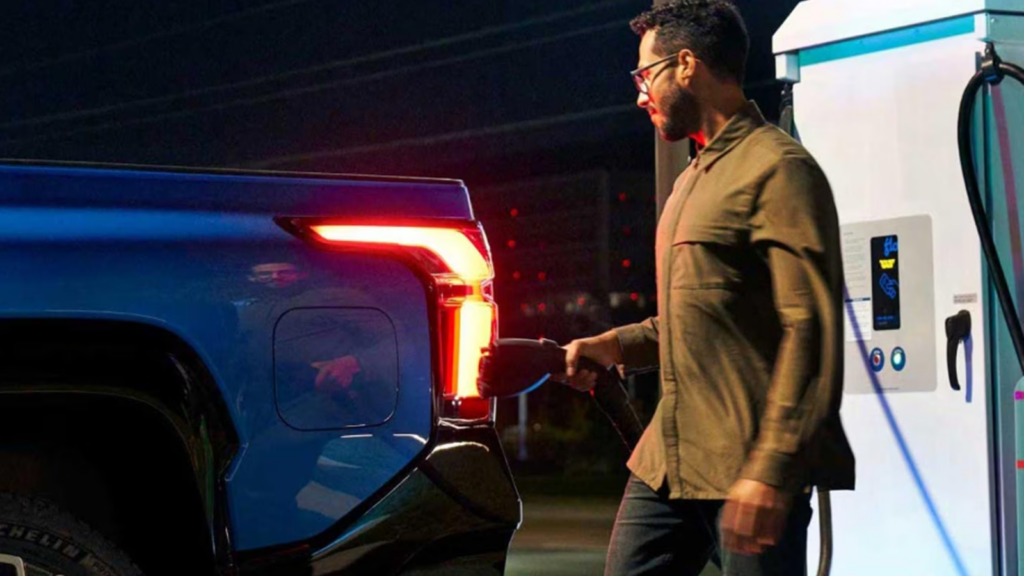General Motors (GM) electric vehicle drivers have access to more than 231,000 chargers in North America, according to company data.
GM believes the future is all-electric and is investing significant resources in accelerating this transition.
On a worldwide scale, sales of motor vehicles in which GM operates were 89.4 million units, with a General Motors share of 6.1 percent.
Chargers in North America
GM has launched a wide range of new vehicles in different vehicle classes and price ranges.
However, vehicles are only one part of this equation. To enable an all-electric future that leaves no one behind, the company believes it needs to ensure convenient, reliable and affordable charging access for all.
This includes access to more than 20,000 Tesla Superchargers with the use of a GM-approved North American Charging Standard adapter.
In 2024, GM also announced that it will enhance its collaboration with EVgo to build 2,850 DC fast charging stations, including 400 fast chargers at flagship destinations in major U.S. metropolitan areas.
In addition, GM is a founding member of IONNA, a joint venture with seven other automakers that aims to create a high-powered charging network with a dedicated installation of at least 30,000 chargers in urban and highway locations across North America.
The joint venture began construction of its first charging station in October 2024.
Infrastructure
On November 15, 2021, then U.S. President Joe Biden signed the Infrastructure Investment and Jobs Act (IIJA) to improve America’s infrastructure. To expand the national electric vehicle charging network, the act created two Federal Highway Administration (FHWA) grant programs totaling $7.5 billion.
With electric vehicle sales doubling between 2020 and 2021, consumers are concerned about charging stations and limited vehicle range. The IIJA aims to address these concerns along major highways. It also directs FHWA to establish charging standards for safety, payment options, and installation.

